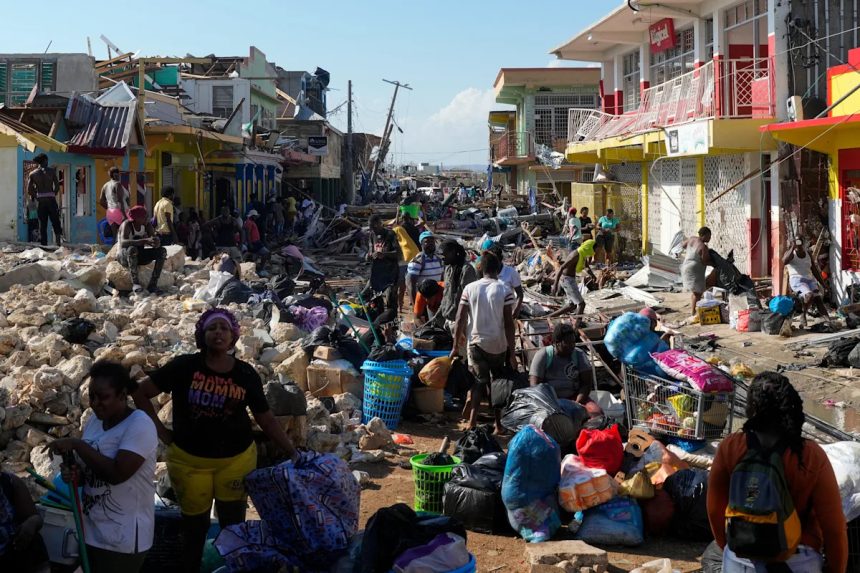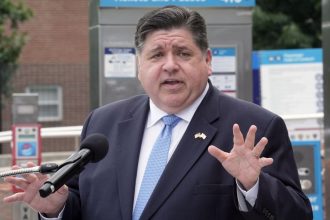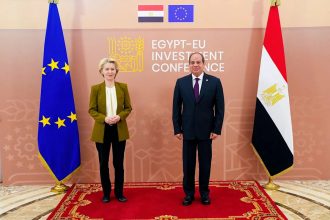Leaders from countries suffering some of the most catastrophic effects of the global climate crisis, from hurricanes, floods and more, have urged the United Nations climate conference in Brazil, COP30, to take action.
World leaders are gathered on the edge of the fast-dwindling Amazon rainforest in advance of Monday’s official kickoff, with many focusing on better balancing the gap between developing nations and richer countries that produce most of the world’s harmful gas emissions.
Brazilian President Luiz Inacio Lula da Silva has emphasised the need for a concrete roadmap to “undo deforestation, overcome fossil fuels and mobilise the resources needed”.
Another initiative aims to create a shared global carbon market, where those who produce less emissions than their required targets could potentially receive credit and sell it to those who overshoot commitments.
Richer countries pledged $300bn to help poorer nations deal with the wide-ranging impacts of the warming climate at last year’s summit, but no money has been distributed.
Moreover, developing countries and international advocacy groups maintain that the figure is woefully insufficient to meet the needs, eyeing a goal of $1.3 trillion in various forms of government and private assistance.
‘Hold our heads down in shame’
During the leaders’ meeting on Friday, Haitian diplomat Smith Augustin said Hurricane Melissa devastated his country, while small island states are the least responsible for climate change.
Kithure Kindiki, Kenya’s vice president, said “a previously once-in-a-century cycle of extreme droughts alternating with devastating floods continues to wipe out lives” in the East African country, which experienced a deadly landslide last week.
The prime minister of Barbados, Mia Mottley, said leaders at the summit must “hold our heads down in shame” as a loss and damage fund established in the 2022 conference in Egypt still has a capital base of less than $800m, “while Jamaica reels from damage in excess of $7 billion US, not to mention Cuba, Haiti or the Bahamas”.
Mahmoud Ali Youssouf, the chairman of the African Union Commission, said leaders from countries suffering the most harmful impacts of the climate crisis are not asking for charity, but for “climate justice”.
Several leaders also criticised the United States, which under President Donald Trump has branded climate change a “hoax” and has refused to send an envoy to the talks while digging deeper into fossil fuels.
The UN Environment Programme (UNEP) said in its latest report earlier this week that it is “very likely” the world will exceed the 1.5C (2.7F) global warming mark – an internationally agreed-upon target set under the Paris Agreement – within the next decade.
UN Secretary-General Antonio Guterres told the officials gathered in Brazil that they can choose to lead or be led to ruin.
“Too many corporations are making record profits from climate devastation, with billions spent on lobbying, deceiving the public and obstructing progress, and too many leaders remain captive to these entrenched interests,” he said.
Guterres also said overshooting 1.5C is inevitable in the short term, “but what matters is how high and for how long”.
The UN says global emissions must nearly halve by 2030, reach net zero by 2050, and move to net negative thereafter.









